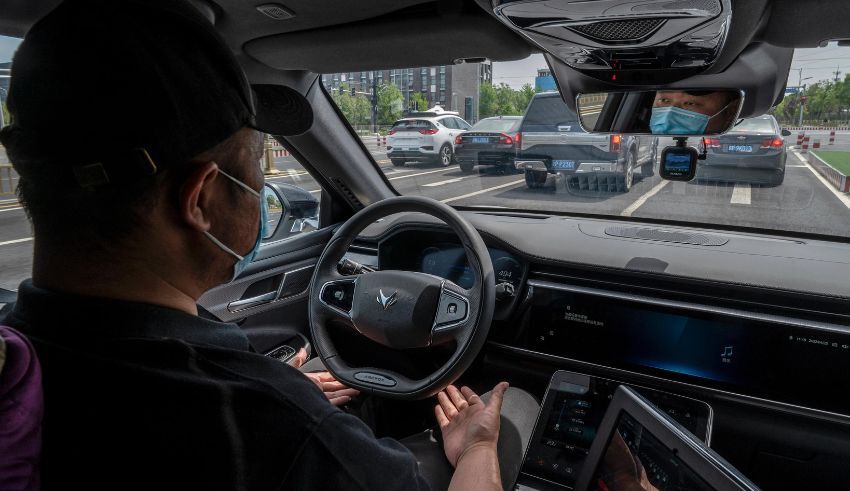
With multiple Chinese businesses actively testing their self-driving cars in California, the largest autonomous vehicle test bed in the world, China has recently emerged as a global leader in autonomous vehicle technology. However, Chinese AV firms may encounter limitations on their activities in the American market as concerns over espionage and monitoring among US politicians intensify. Recently, US Transportation Secretary Pete Buttigieg highlighted concerns about Chinese autonomous vehicle businesses operating in the nation regarding national security, highlighting the growing discomfort regarding potential dangers related to these cars.
Baidu’s Apollo, Pony.ai, AutoX, WeRide, Didi Chuxing, Qcraft, and Deeproute.ai are just a few Chinese companies aggressively testing their autonomous vehicles in California. These businesses jointly logged more than 450,000 test miles between December 2021 and November 2022, according to the California Department of Motor Vehicles’ annual report on autonomous vehicle testing, published on February 17. Pony.ai stood out among the Chinese companies during this time by travelling a fantastic 280,413 miles.
Since 2017, when self-driving technology grew more quickly than regulations could keep up with it, there has been concern about autonomous vehicles being used as “weapons.” Governments worldwide have debated allowing autonomous cars on their roads while maintaining safety and privacy. Lawmakers in the US have expressed alarm about a potential inflow of data-hungry intelligent and autonomous vehicles built in China that could endanger national security.
In a letter to the US National Highway Traffic Safety Administration in November 2022, Representative August Pfluger expressed concerns about AV technology supervision in the US and the ability of foreign countries, particularly China, to spy on American territory by sending sensitive data. Similar to this, in July 2023, a bipartisan group of congressmen sent letters to Pete Buttigieg, the secretary of transportation, and Gina Raimondo, the secretary of commerce, asking for a probe of the use of Chinese AV technology in the US and any potential limitations. They emphasised the possibility of the Chinese Communist Party receiving information about American citizens and infrastructure through technology like LiDAR, RADAR, cameras, AI, and sophisticated sensors.
Keep Reading
Chinese autonomous vehicle manufacturers’ future in the American market is being questioned in light of growing worries about the risks they pose to national security. Many US politicians worry that China may use connected and autonomous vehicles to ingratiate its systems and technologies into the country’s infrastructure. Given the precedent the US and its allies set by prohibiting Chinese tech giant Huawei from constructing 5G infrastructure, “next-generation” vehicles may become the focal point of US-China hostilities.
While Chinese AV companies are now operating in California with little restriction and are making the most of their testing permissions, these businesses may face difficulties in the future due to the growing concern over Chinese espionage in Washington.
China has recently risen to the top of the business due to its technological achievements in driverless vehicles. However, operations of Chinese autonomous vehicle businesses in the US market have been scrutinised because of growing worries over national security vulnerabilities, notably those connected to potential espionage and surveillance. The future of Chinese AV companies in America is still up in the air as US politicians prioritise defending the country’s interests. As the US navigates the complexity of the autonomous car sector in the coming years, finding a balance between technological breakthroughs and national security will be essential.




